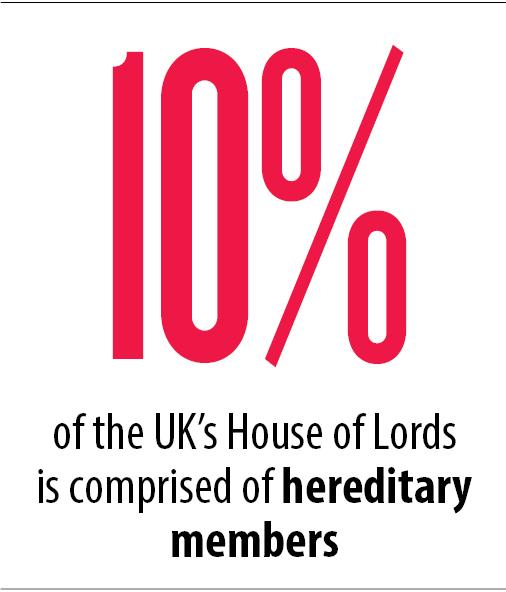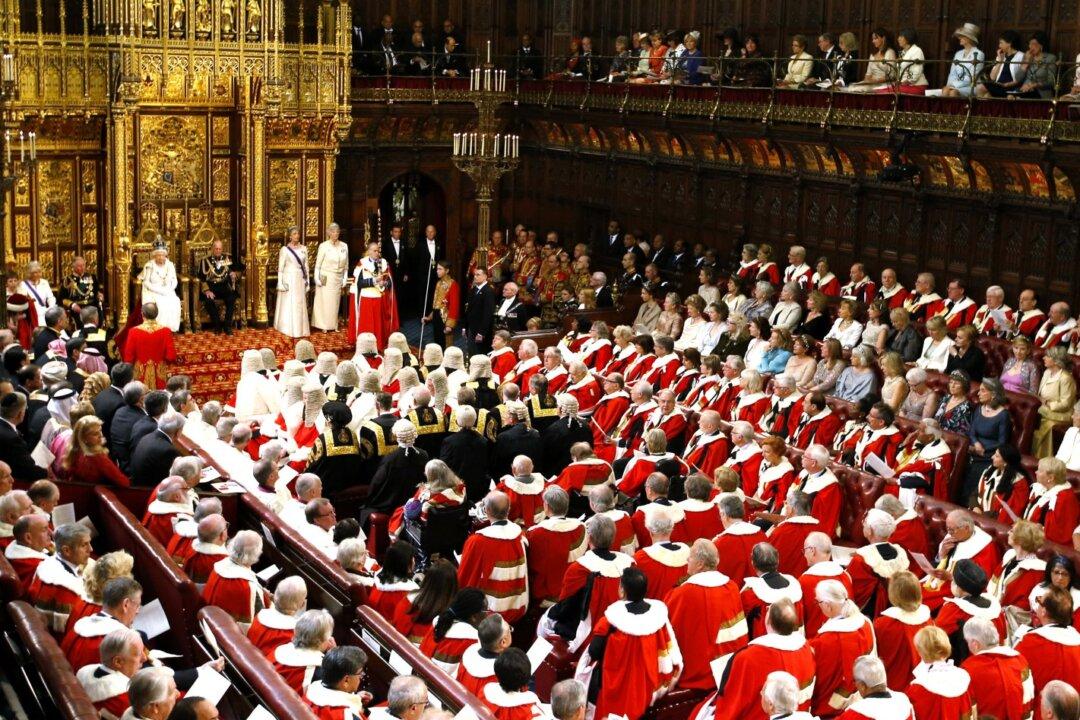The referendum vote may have been a simple yes or no, but Brexit is getting ever more complicated, dragging the United Kingdom into its biggest constitutional challenge in centuries and pitting unelected institutions against public ire.
In a landmark case, the U.K. Supreme Court this week held a hearing on whether the government needs to first hold a Parliament vote before it can trigger Article 50—the official process of leaving the European Union.
But regardless of the Supreme Court ruling, many other constitutional traps lie in wait, not least those concerning the unelected House of Lords, which could stymie Brexit’s progress and test the limits of the nation’s unwritten constitution.
Parliament has two chambers through which laws must pass. One is the House of Commons, comprised of elected members of Parliament. The other is the unelected House of Lords, 10 percent of whom are members by virtue of birthright, which has been periodically threatened with fundamental reform and long sneered at as an undemocratic anachronism.
If the Parliament gets a vote on Article 50, the House of Lords can delay Brexit by a year—potentially allowing political momentum to falter—said Andrew Henshaw, a barrister who has advised government and private clients on public law cases.






